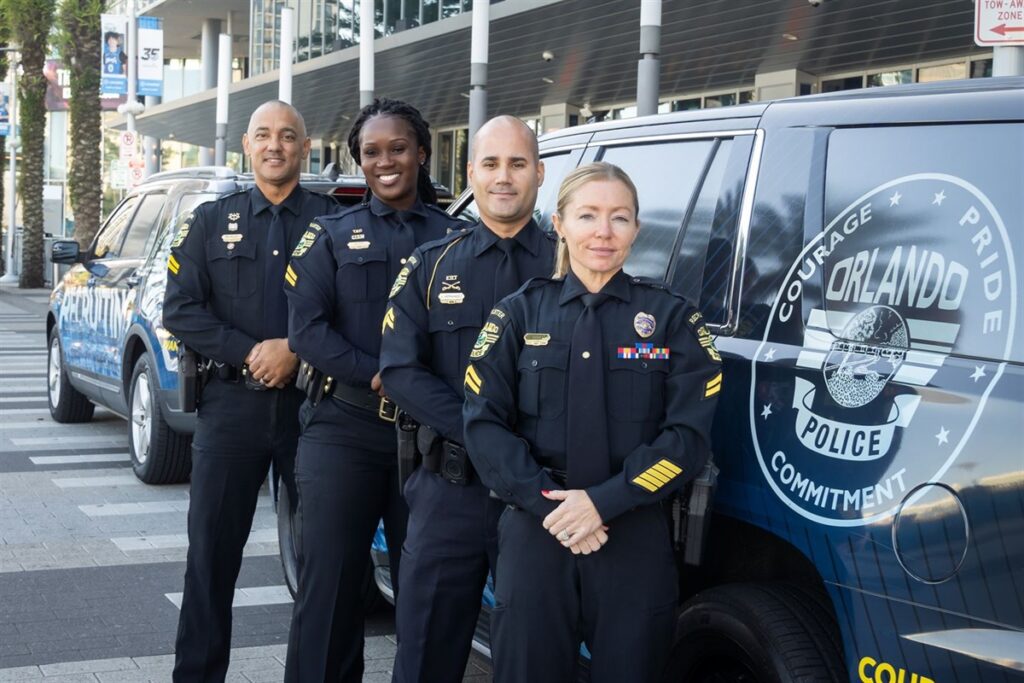Law enforcement officers play a crucial role in maintaining peace and order within society, but their responsibilities can vary depending on their specialization. From patrolling the streets to investigating crimes and ensuring public safety, law enforcement officers work in various capacities to uphold the law. Here is an exploration of some of the different specializations within the law enforcement profession:
Patrol Officers – Patrol officers are the backbone of law enforcement, responsible for patrolling designated areas, responding to emergency calls, and enforcing traffic laws. They are often the first responders to incidents, providing initial assistance and ensuring public safety. Patrol officers require strong communication skills, quick thinking, and the ability to handle stressful situations calmly.
Detectives and Investigators – Detectives and investigators are responsible for solving crimes by gathering evidence, interviewing witnesses and suspects, and analyzing information. They work closely with other law enforcement agencies and often specialize in specific types of crime, such as homicide, narcotics, or financial crimes. Detectives and investigators must possess strong analytical skills, attention to detail, and the ability to think critically.
Special Weapons and Tactics SWAT Teams – SWAT teams are specialized units trained to handle high-risk situations, including hostage rescues, barricaded suspects, and counterterrorism operations. Members of SWAT teams undergo rigorous training in weapons proficiency, tactical maneuvers, and crisis negotiation. They must be able to work effectively under pressure and make split-second decisions to protect innocent lives. These highly skilled teams play a crucial role in locating missing persons, apprehending suspects, and conducting searches in challenging environments.

Forensic Specialists – Forensic specialists are responsible for collecting and analyzing physical evidence from crime scenes to assist in criminal investigations. They use scientific techniques such as DNA analysis, fingerprinting, and ballistics to identify suspects and establish connections between evidence and crimes. Forensic specialists work closely with law enforcement agencies and may testify as expert witnesses in court.
Community Policing Officers – Community policing officers focus on building positive relationships with community members and addressing local concerns through collaboration and outreach efforts. They work closely with residents, businesses, and community organizations to prevent crime, resolve conflicts, and improve quality of life. Community policing officers often participate in community events, educational programs, and neighborhood watch initiatives to foster trust and cooperation.
Cybercrime Investigators – With the rise of technology, cybercrime investigators specialize in combating crimes committed through digital means, such as hacking, identity theft, and online fraud. They use advanced computer forensics techniques to trace digital evidence, identify suspects, and disrupt criminal networks operating in cyberspace. Cybercrime investigators must stay updated on emerging technologies and continuously adapt their skills to combat evolving cyber threats.
These are just a few examples of the diverse specializations within the law enforcement profession. Each role requires specific training, skills, and expertise to effectively fulfill its responsibilities and contribute to the overall mission of maintaining law and order. Whether patrolling the streets, investigating crimes, or combating cyber threats, Leonard Lugo Westfield plays a vital role in safeguarding communities and upholding the principles of justice and public safety.